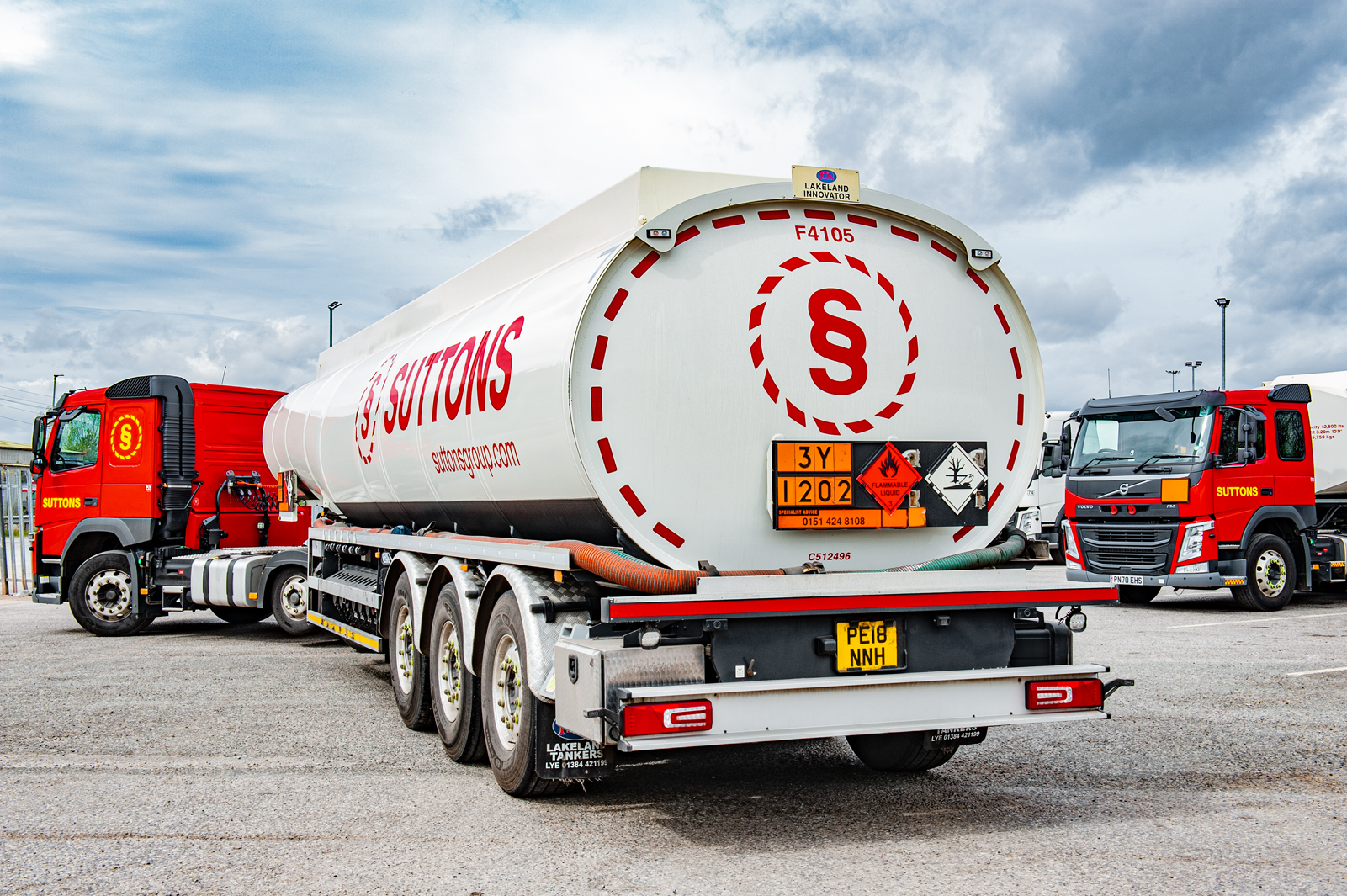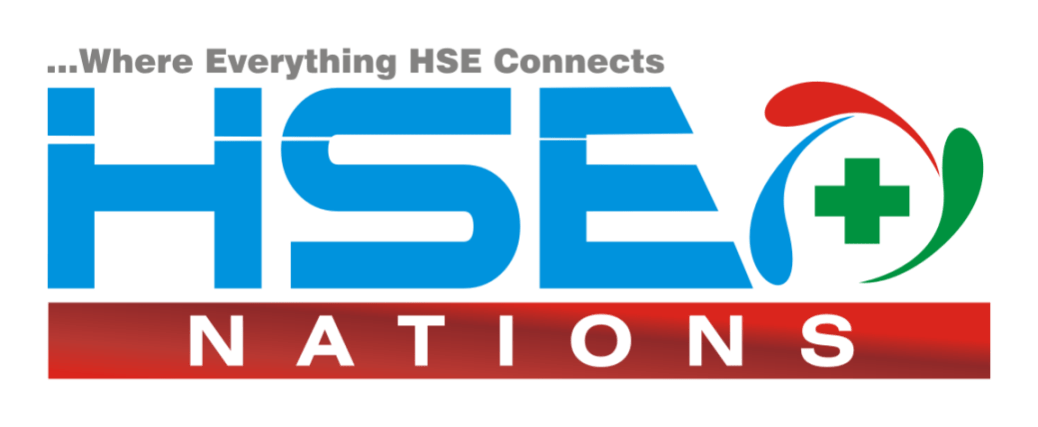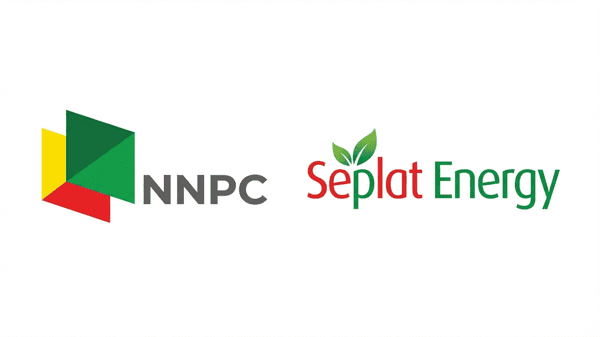Petrol Tankers Will Not Carry More Than 45,000 Liters from October 1

The Independent Petroleum Marketers Association of Nigeria (IPMAN) Western Zone, starting on October 1, tankers would not be allowed to carry more than 45,000 liters of the commodity.
In an interview with the News Agency of Nigeria (NAN) in Ibadan on Aug 1, Chief Oyewole Akanni, the zone’s chairman, revealed this.
To lower the number of petroleum tanker accidents, IPMAN, the government, and other stakeholders convened a joint meeting where the measure was accepted, according to Akanni.
According to him, the Nigerian Association of Road Transport Owners (NARTO), the Nigerian Midstream and Downstream Petroleum Regulatory Authority (NMDPRA), oil marketers, and Petroleum Tanker Drivers (PTD) are the stakeholders.
Previously, it was risky for some tankers to transport up to 90,000 or 60,000 liters.
Because the vehicles are built to transport considerably more than they were intended to, those large tanks harm our roadways.
“And they become unstable and fall when overloaded, causing accidents,” he said.
According to Akanni, the government has also ordered that all tankers have safety covers installed to stop spills in the case of an accident.
“With these covers, fuel won’t spill even if a tanker falls, unless the tank is punctured,” he said.
However, he bemoaned the actions of vandals, who purposefully puncture downed trucks in order to steal gasoline, calling it a significant problem.
The IPMAN chairman said that PTD found that weariness was the primary cause of the majority of incidents that happened at night.
As a result, we’ve told drivers not to travel at night.
“They are required to park and resume their journey by 7:00 a.m. the following day, but some people continue to disregard this instruction,” he said.
Akanni promised that IPMAN will keep collaborating with interested parties to minimize accidents involving tankers.
He said that government actions, including calls for more stringent laws, widespread education, and enforced safety changes, were prompted by the recent wave of deaths.
Akanni claims that the incidences are a part of a larger trend of tanker accidents that are occurring all throughout Nigeria.
“These are characterized by hazardous public behaviors like fuel scooping, as well as systemic failures like overloading, inadequate enforcement, and poor infrastructure,” he added.






